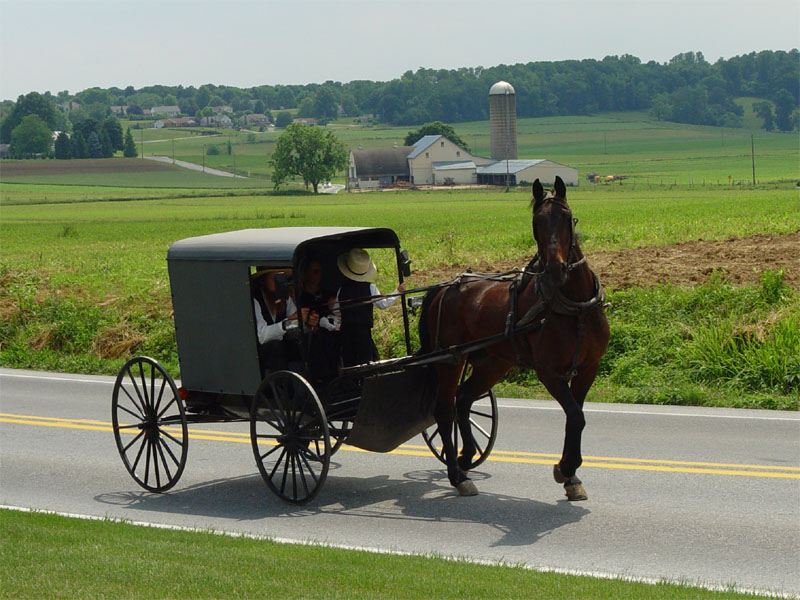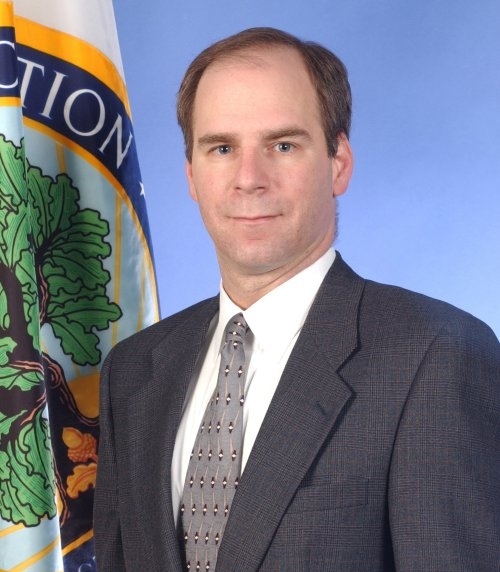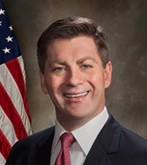Largest State Workers Union Approves New Contract
The state’s largest employees union has approved a new contract calling for some concessions. Members of the American Federation of State, County and Municipal Employees Council 13 voted to approve the contract with the state by a 4 to 1 margin.
David Fillman, executive director, says members did lose a couple of sick days and there’s a wage freeze in the first year, but all totaled for the four year contract, it’s a very fair contract. Fillman says it’s fair not only for the employees, but also fair within the confines of the economic situation today and the budgets as we go forward. Members will also have to contribute more to the cost of their health care benefits.
The four year contract does call for wage increases in the final three years. Fillman says it’s four years of labor peace and they can live with that. AFSCME represents about 45,000 state employees.
The Service Employees International Union Local 668 is still voting on a new state contract. The union represents about 10,000 state workers and they are voting by individual ballots. Those ballots are due by mail or to their chapter by August 9th.
The Corbett administration reached deals with the two unions in late June, after requesting concessions in the face of a difficult budget.














